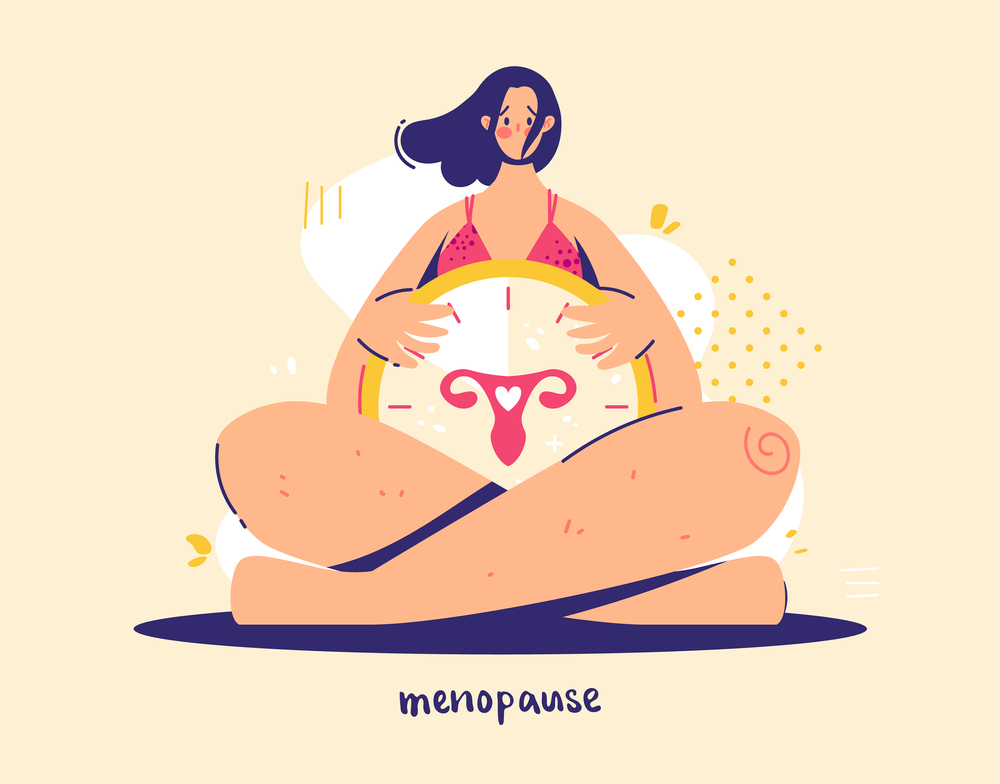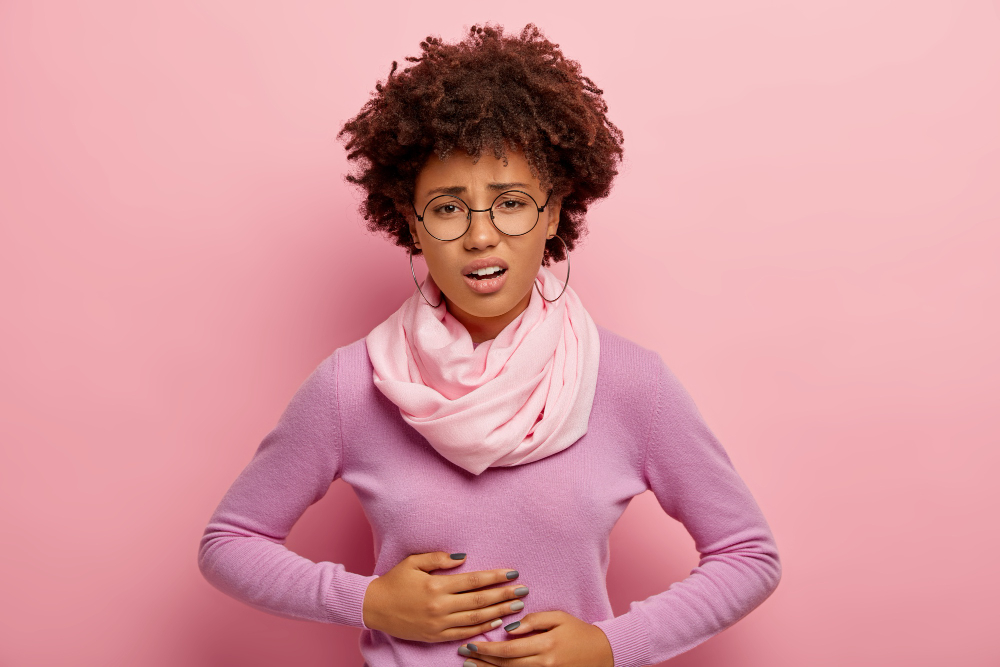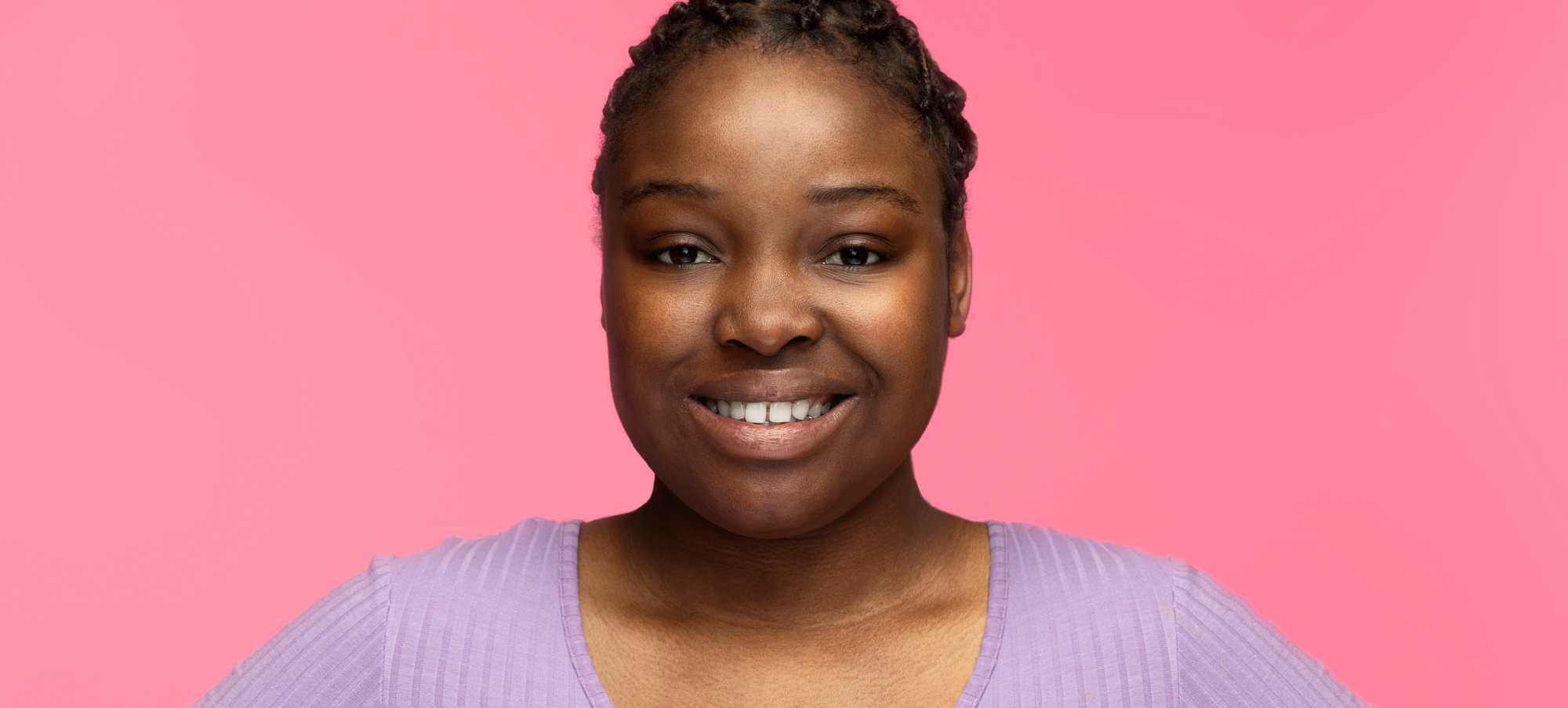What is Menopause
Menopause is when a woman stops seeing her menstruation. It marks the end of her menstrual cycle. Usually, the woman hasn’t seen her period within a year, which shows the end of her reproductive years. Menopause starts within 45-55 years of age but can occur before or after the age ranges. Due to different ages, menopause and its symptoms often come with a rude shock to most women. Most of them weren’t prepared or enlightened about what to expect during the phase. Symptoms experienced are mostly uncomfortable, such as hot flashes, changes in sex drive, and weight gain. We will talk about the outset of menopause, symptoms, and natural remedies so that you can be prepared for the process.
When does menopause start?
The age at which menopause occurs varies in women. The majority of women experience symptoms of menopause before their last period. Some can be four years earlier before their last period, which continues for another four years after the last period. A few experience symptoms for about ten years before menopause begin; though rare, some women continue to experience menopause symptoms for the next twelve years after their last period. Other factors that determine when menopause can begin are genetics and the state of your ovary.
There are stages involved before a woman begins menopause and after menopause, which are perimenopause, menopause and postmenopause.
Perimenopause: It happens before menopause. It is the period when the woman’s hormones start getting ready for menopause. It can end within a few months to years. Most women experience perimenopause after their mid-forties. Some women don’t experience perimenopause and go into menopause unawares. Periods are not always regular during this stage. Periods can be late or missed; flow can be heavy or light.
Menopause: Absence of menstruation for twelve months.
Postmenopause: Years after menopause has happened.
Menopause Symptoms
An early sign of menopause in most women is hot flashes. The sudden feeling of warmth at the upper body often becomes severe over the face, neck, and chest. Your skin often becomes red, like you are blushing and sweating. Hot flashes can be mild to severe in other women. Other early symptoms include;
- Sore breasts
- Desire to urinate often
- Dry vagina
- Emotional changes
- Dry skin, eyes, or mouth.
- Irregular or missed periods
- Insomnia
Other late symptoms of menopause are;
- Headaches
- Fast heartbeat
- Joint and muscle aches
- Alopecia
- Depression
- Low sex drive
- Anxiety
Every woman’s experience differs. Some women experience difficult symptoms when menopause occurs unexpectedly or happens within a short period.
Postmenopause, women are more likely to have:
- Heart disease
- more wrinkles
- Osteoporosis
- Weaker vision
Remedies
- Symptoms like low sex drive and painful sex due to dryness can be managed by exercising regularly to stimulate blow flow to the wall and use water-based lubricants or use a prescribed vaginal moisturizer. There are supplements available for postmenopausal women to keep their sex life interesting. You can always speak with your doctor about what to use.
- For dry skin, mouth or lips, moisturize regularly with oils or humectants.
- For hot flashes, drink cold water, ventilate your room always, stay or sleep close to a fan, and wear comfortable or light dresses.
- Improve your social life and stay mentally active to avoid memory issues.
- Reduce alcohol intake, avoid smoking. Eat healthier, take more fruit and vegetables, and drink at least 2-3 liters of water daily to stay hydrated.
- Speak to someone close to you or your doctor about your feelings or symptoms.
Menopause may occur depending on how early you started menstruating. Some women believe that the earlier you stop having sex, the earlier menopause occurs. And that if you are sexually active and within menopausal age, menopause may occur late. What do you think?





Comments (0)